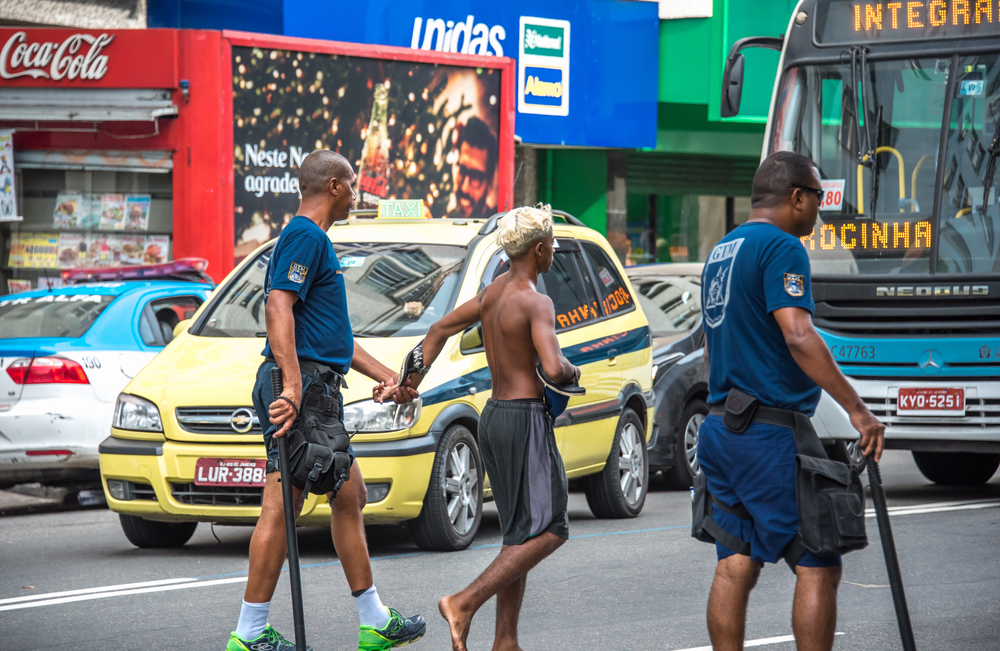On February 13, newly-elected congressman Daniel Silveira put forward two bills to propose that casualties in police shootouts would automatically have their bodies harvested for organs. “The line of people waiting for donors is long, slow-moving, and often good people, fighting for their lives, die,” Mr. Silveira wrote in the caption of an Instagram post introducing the bills to voters. “Now, when a police officer neutralizes a criminal, he can say with propriety: I saved a life.”
His bills seek to frame the donations of organs, bodily tissue, and cells as reparations for the moral and financial damage inflicted on society by crime. But, in addition to being medically impractical, critics argue that Mr. Silveira’s bills are unconstitutional and could signal a radical departure from the universal law of the presumption of innocence.
A military police officer-turned-politician, the congressman from Rio de Janeiro gained notoriety during the 2018 election campaign, when he and fellow then-candidate Rodrigo Amorim vandalized a street sign bearing the name of assassinated city councilor Marielle Franco. The proposed laws fit in with Mr. Silveira’s curated, tough-on-crime public image—but have proved divisive among Brazilians, provoking instant praise and criticism on social media in the days following their announcement.
Even among supporters, some doubts surfaced regarding the practicality of such policies.

The laws of organ donation in Brazil
More than 30,000 Brazilians are waiting for organ transplants

